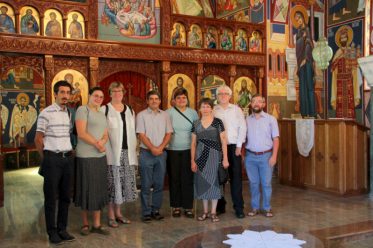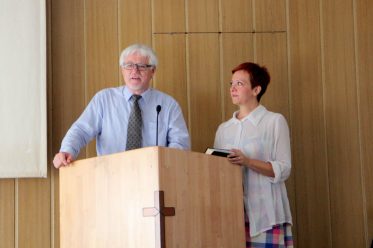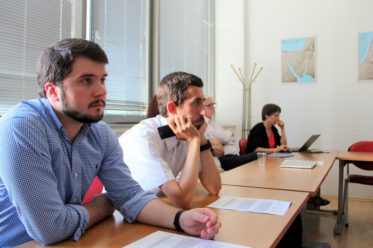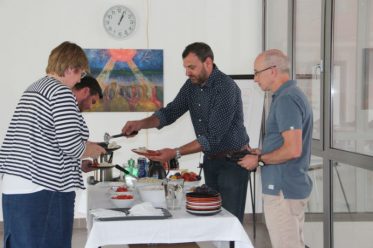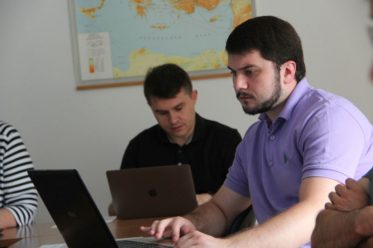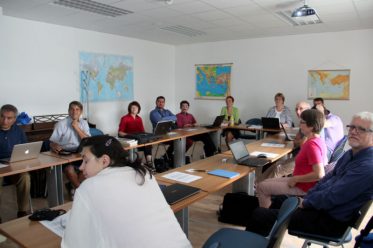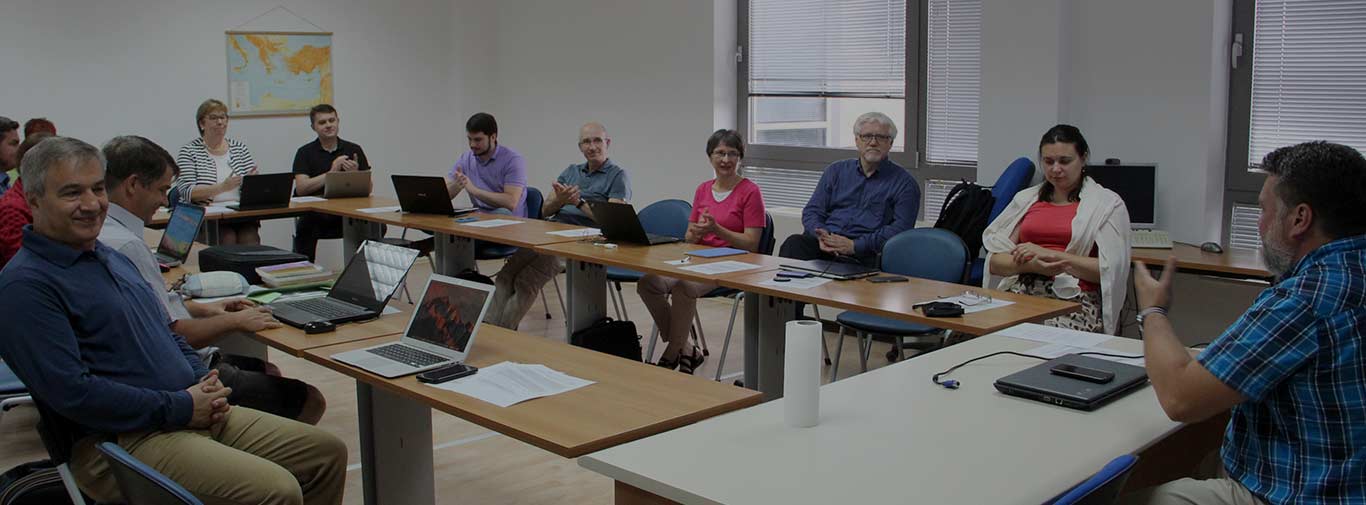
ODC Program
Introduction
The ODC was launched in January 2016, when Dr. Peter Penner shared a request from the Eurasian Accrediting Association (EAAA), to create an opportunity for intensive, independent study for PhD students, away from everyday worries, under the leadership of qualified mentors in the research library of the Evangelical Theological Seminary in Osijek.
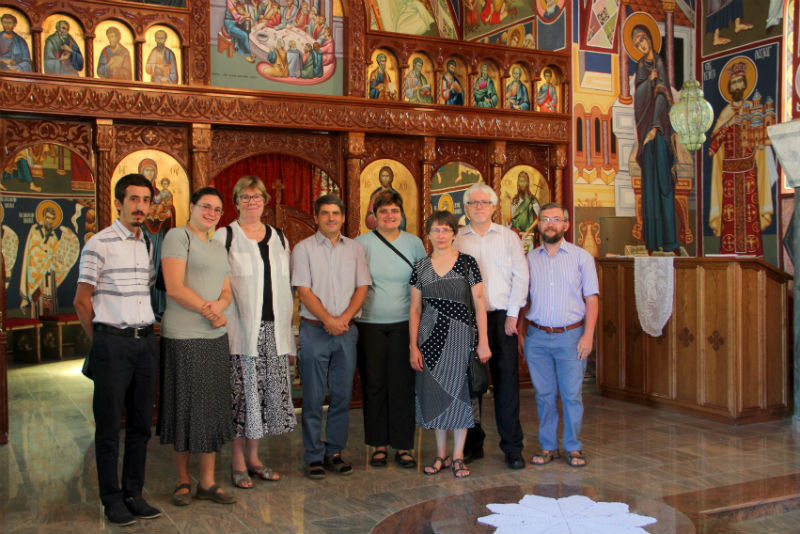
This is what the participants valued highly in ODC:
Personal testimonies: “From Iran, Soviet Mennonites, Vukovar which helped me understand God`s glory and His care of us.”
Church service: “Being part of the service in the local Pentecostal church for the first time in my life… Now I know how religion is complex and important phenomenon for every human being.”
Time with the ODC mentors: “When I met the mentors who were paying attention to my research and my troubles.”
Time in prayer: “The moment when one Ukrainian was praying for his Russian fellow. That was so special and powerful….”
Discussions: “Stimulating academic discussions between colleagues and with the mentors that were so open”
Community building: “I really loved time we spend together, talking, crying and laughing…”
ODC Goals
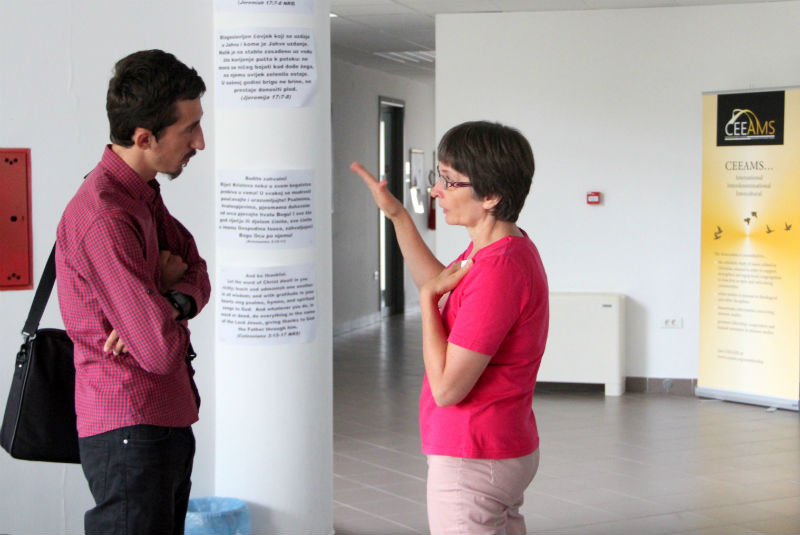 To develop and sustain a network of scholars conducting high quality and relevant research in the areas of theological disciplines with a missiological dimension
To develop and sustain a network of scholars conducting high quality and relevant research in the areas of theological disciplines with a missiological dimension- To support missiological researchers by addressing issues relevant to church and society in Central and Eastern Europe
- To give participants a forum to discuss and obtain feedback on their research with leading specialists, scholars and peers in an international, interdenominational and intercultural setting
- To make available to ODC participants the ETS Lena and George Hendrickson library with 80.000 books, with a strong focus on mission in Central and Eastern Europe
Participant Requirements
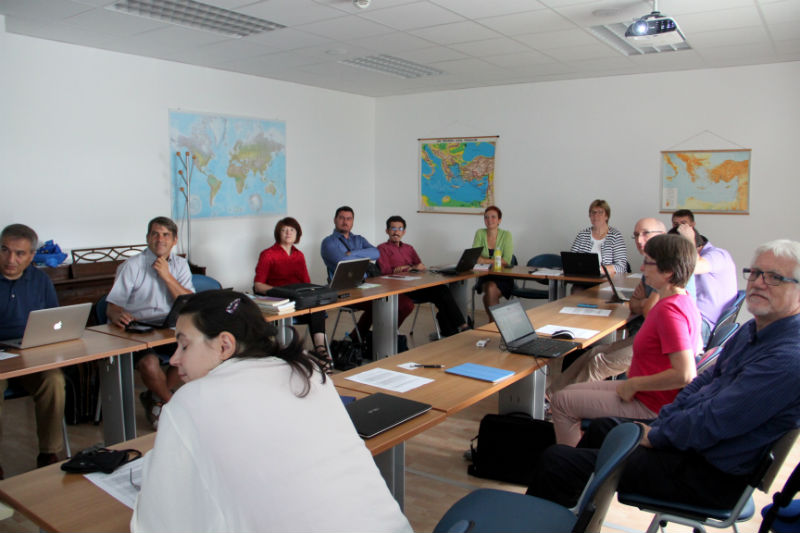 Each doctoral participant is expected to spend 6-8 hours per day in the study of their selected topic. In addition to your directed study with a mentor, there will be daily group meetings each morning. You should be prepared to present a 30-minute personal testimony and outline of your ministry at home. These brief presentations will encourage us to pray for each other
Each doctoral participant is expected to spend 6-8 hours per day in the study of their selected topic. In addition to your directed study with a mentor, there will be daily group meetings each morning. You should be prepared to present a 30-minute personal testimony and outline of your ministry at home. These brief presentations will encourage us to pray for each other- We plan to have different events together too, such as an opening and/or closing dinner which may be a wonderful opportunity for you to present music, dance, poetry, or stories from your home culture as part of the entertainment
- If you are admitted, you will receive an official invitation to be used in obtaining your visa. Do start in time with this procedure, as obtaining a double Schengen visa – when you travel through Budapest – does take time
- Medical insurance is mandatory for obtaining a Schengen visa and it will offer you an extended coverage wherever you travel in the Schengen area or in Europe. Applicants are required to buy travel health insurance with an insurance company in the country of their residence that is acceptable for the embassy where they apply for the Schengen visa




